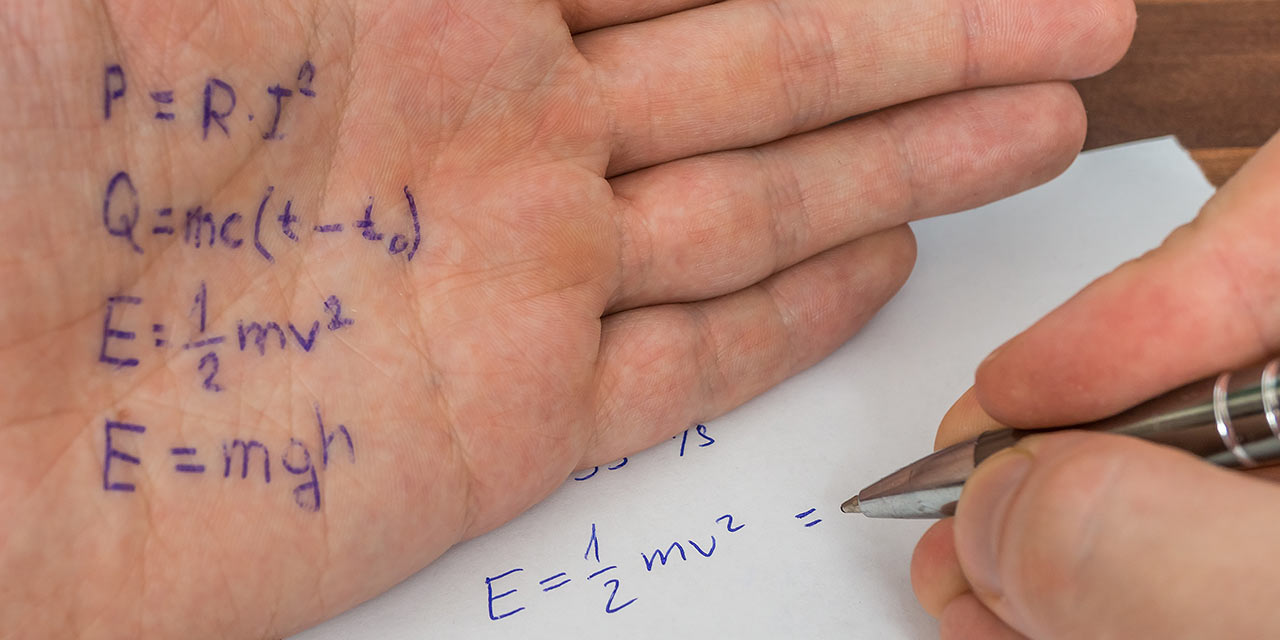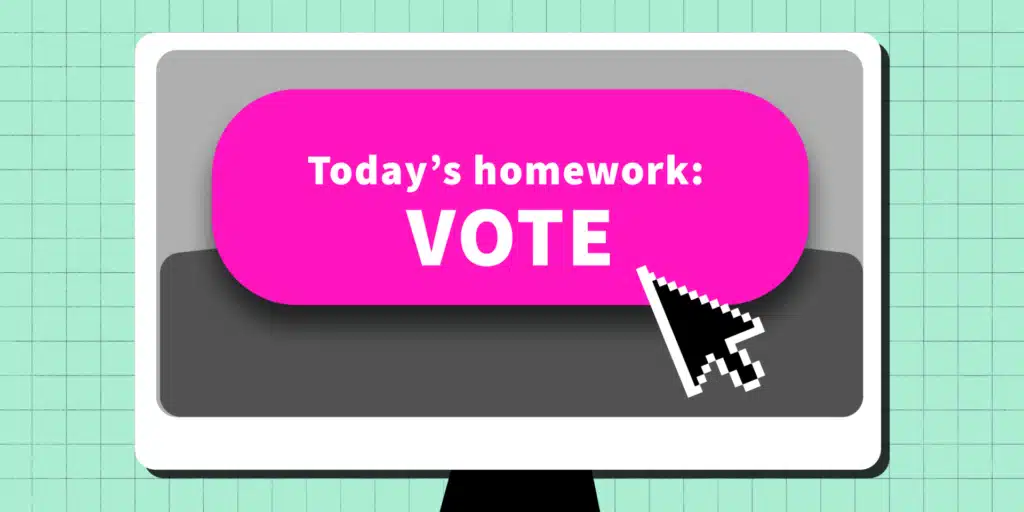Long before the existence of the Internet, students have found ways to cheat. They wrote mathematical formulas on their hands or tried to sneak a peek at their neighbor’s exam paper. But in the digital age, to prevent cheating in college, instructors have to give up more of their time.
Now, students can copy and paste someone else’s work or pay an essay mill to do the writing for them. During exams, they can still sneak a peek, but they can also use invisible earbuds or other gadgets to gain an unfair advantage.
A Quora thread lists ingenious (and not so ingenious) ways that students cheat, from looking up answers on a smartwatch to writing formulas on the back of a water bottle wrapper.
One anonymous academic, who sits on a misconduct board, has seen it all, writing in The Guardian: “Students have been known to hide earphones in headscarves, buy essays online or articles from content writers, and steal other students’ papers. One grabbed another student’s USB stick when he went to the restroom, downloaded a project and sent it to himself.”
Even if cheating is suspected, it’s sometimes hard to prove—and proof is essential, because the consequences can be dire. Getting caught can end a student’s academic career, curtailing his or her prospects in the job market—and it can be financially ruinous, because student debt and any leftover grants must still be repaid. In at least one country, cheaters go to jail.
Strategies to prevent cheating in college students
Given the limited resources available to professors and the continually inventive methods by which students continue to cheat, working to prevent cheating in college can sometimes feel like an exercise in futility.
Some are easy to bust: horrendous grammar is followed by perfect paragraphs. There are also online tools to help spot plagiarized material.
Others require sting-like commitment: Our anonymous Guardian professor says (s)he once spent seven hours finding definitive proof that a student had cheated. Yes, the student was expelled, but not all professors are willing to spend seven hours of their own time to catch a single cheater.
But there are other options worth considering: Talking with a student can reveal myriad reasons why they’re inclined to cheat—anxiety, exhaustion, outside pressure—that can be addressed before any cheating happens. Alternatively, teachers could structure assignments and exams in a way that makes cheating difficult.
Exams could be made open-book and focus on problem-solving and mastery, rather than retention. Allowing a “cheat sheet” for a closed-book exam could help reduce rule-breaking. (Though do make sure you specify the sheet’s maximum size…)
Just because cheating will happen, that doesn’t mean you should accept it. It hurts students who study legitimately, it hurts the cheaters and the industries that they’re employed in and it hurts the discipline that you teach. Professors should not be afraid to invest all the time and effort they can to find it and bring down appropriate consequences—whether the cheating method is low-tech such as paper thievery, or high-tech, such as hidden Bluetooth earphones.
The message from our anonymous academic is one worth sharing with your class: “Don’t cheat, because if you do, I will catch you. And I do.”
Related story
Prevent online exam cheating with Top Hat Test


